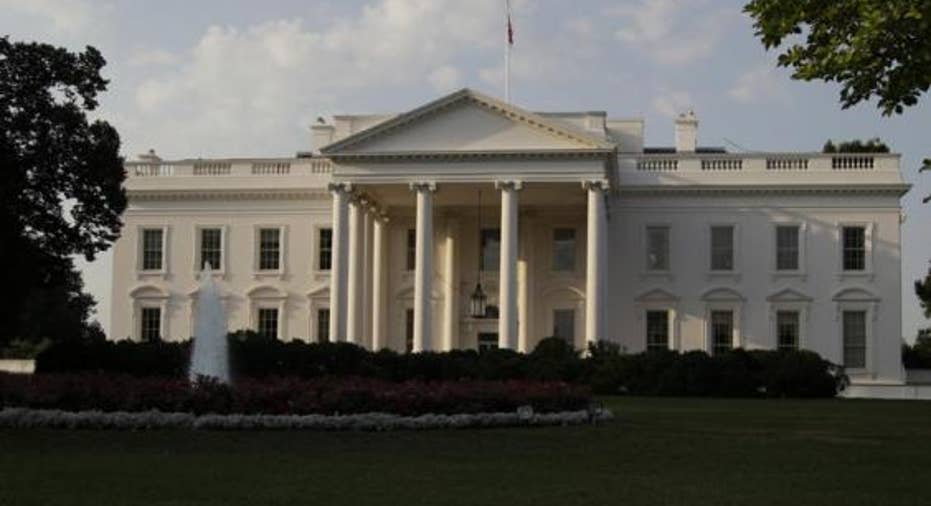A Recession Will Roil the Presidential Race

Who does a recession hurt in a U.S. presidential election?
Economic history shows that, since the Civil War, the eight times the U.S. economy was in a recession during a presidential election year, the incumbent party lost, according to Allan J. Lichtman, a history professor at American University and author of "The 13 Keys to the Presidency.”
Maybe that’s why Bernie Sanders is campaigning as an anti-establishment figure even though he’s been in office since 1990. The trouble with recession calls is, the official body that makes that call, the National Bureau of Economic Research (NBER), often takes a year or more to tell the world what we already know, that a recession is upon us. Just as unnerving is the fact that few at the Federal Reserve or on Wall Street said, hey, a housing collapse is coming before it hit last decade.
What’s happening now is the U.S. manufacturing sector is in contraction, and now the U.S. services sector is sliding. Deutsche Bank’s (NYSE:DB) Alan Ruskin says that U.S. manufacturing activity has fallen more than in any other country. You can’t have a strong service sector without consumers (employees) to sell to, including those now missing in the oil patch.
There’s lots of talk now about how the oil price plunge and the oil patch recession could trigger a U.S. recession, given the dismal 0.7% GDP growth for the final quarter of 2015. Citigroup put the odds of a recession in the U.S. at 65%.
But a recession triggered by an oil price plunge would be a rare event, because instead, oil price spikes usually cause a recession, at least, they did for all of the economic downturns since 1970. When you look at the underlying push and pull, you’ll see how the U.S. needs the economic growth from the oil patch.
Yes, a drop in oil prices means more money in the pockets of consumers due to savings on gasoline, an estimated $140 billion last year. Gas will continue to stay down, as the U.S. and Canada are pumping out more barrels of oil a day than Saudi Arabia, with the two countries now considered the world’s swing producers.
But with oil prices plunging 75% in the last year and a half, the U.S. energy sector has lost 730,000 jobs, yes, a fraction of the 143 million working. According to a recent study published by the NBER (the outfit that decides if recessions are underway), and co-authored by James Feyrer, Erin T. Mansur and Bruce Sacerdote, the U.S. unemployment rate would have been a full half a percentage point worse during the Great Recession without the oil patch.
Will the Federal Reserve hike interest rates again? Although the fed fund futures are pricing no more rate hikes this year, a factor in this determination is whether real wages are growing, and they are, fractionally, barely.
Real median household income, meaning, adjusted for inflation, has dropped below levels seen in 1999. However, FOX Business senior editor Charles Brady says of the wage growth figures noted in the latest jobs report showing just 151,000 jobs created for January: “The slowdown in January payroll growth was a disappointment. But the surprise drop in the unemployment rate to an eight-year low of 4.9%, combined with stronger-than-expected wage growth, makes the argument for a more hawkish Federal Reserve, and that’s rattling the stock market today.”



















